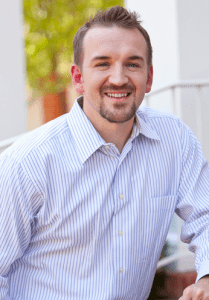… is much more demanding and difficult than you might expect.
In this the last in a series of blogs on Legalism, beginning here, I suggested we follow the lights of Tom Holmen’s book, Jesus and Jewish Covenant Thinking, and think our way through the various “theories” of the Christian life. To do that, we looked through the six traditions sketched in Richard Foster, Streams of Living Water.
Now I’d like to conclude by suggesting that Jesus taught us (Mark 12:29-31) that the goal of our life was to love God and to love others, and the Apostle Paul taught us that the essence of the Christian life is to “live in the Spirit” (Gal 5:16-26). If this be so, then the entirety of the Christian life, and what we teach about it, and how we evaluate our own life and the life of others, should be around these two nodes: am I loving? am I living in the Spirit?
The reason we don’t focus enough on what this teaches is that these two ways of life are “unmarkable.” They are too ambiguous, too penetrating, and too qualitative. That, I suggest, is precisely why both Jesus and Paul teach what they teach: these can’t be turned into a legalism. The reason we focus on the other traditions is that they are easily marked, and we can figure out where we and others stand. (Not good.)
As a professor we are always thinking about assessment. (Well, to be honest, we aren’t but our Administrators would like us to and they would like us to because the Assessmocrats come to campus every now and again and ask for quantitative information to prove we are with it and measuring the latest trends in education.) And the question we have learned to ask in education, and this in spite of the assessmocrats, is this one: “When a student is done with this course, this program, this degree, what will he or she be able to do?”
I am suggesting that this is precisely the question we need to be asking more about love and about life in the Spirit — two largely unmarkable qualities but which Jesus and Paul call us to be able to “do.” So, we ask, as a result of this year’s sermons, or this year’s Sunday School classes, or this year’s Bible studies, or this year’s fellowship, or this year’s interactions with friends — the list is endless — “what will I be able to do?” and “what will those under my care be able to do?”
It doesn’t take long to realize that churches are not (by and large) equipped to think like this nor is every Christian ready to be challenged like this (“Are you more loving this year?” “How so?”). So, we need to move steadily and sensitively toward that goal, but may I suggest that more of us begin to assess what Jesus and Paul thought most important?















